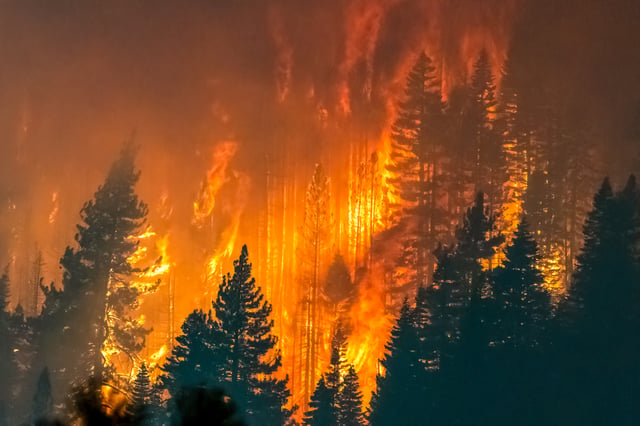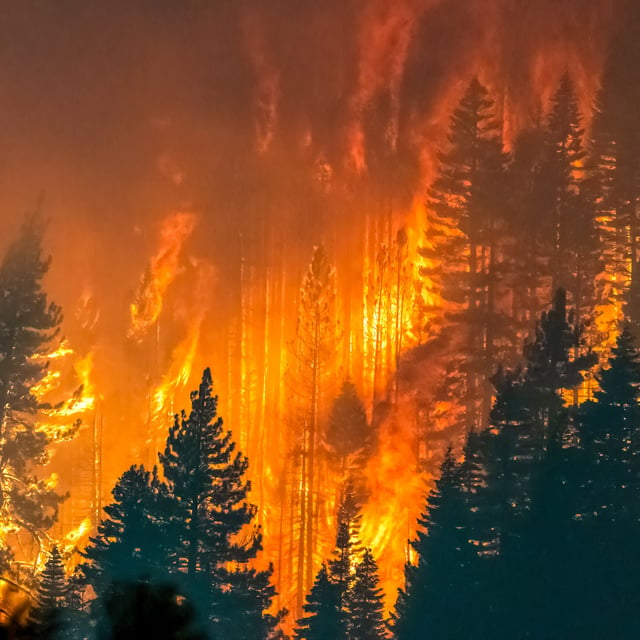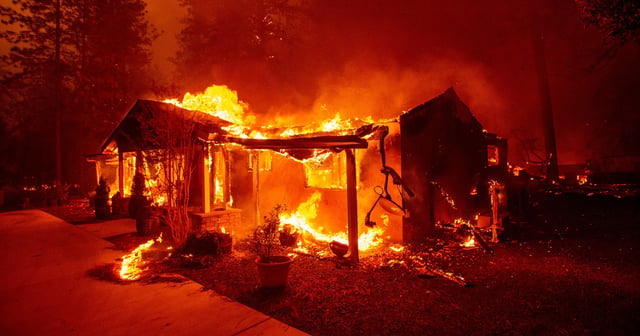Overview
- California wildfires have been found to transform a benign form of chromium found in the soil into a carcinogenic form, hexavalent chromium, due to the intense heat of the fires.
- Hexavalent chromium is a known carcinogen, associated with lung cancer and other health issues. It can persist in soil and ash for nearly a year after a wildfire.
- The carcinogenic form of chromium is most prevalent in areas with metal-rich geologies and where fires burn more severely.
- Climate change, which intensifies wildfires, could increase the risk of exposure to this toxic metal.
- Further research is needed to understand the risk and potential health impacts of exposure to hexavalent chromium during and after wildfires.



